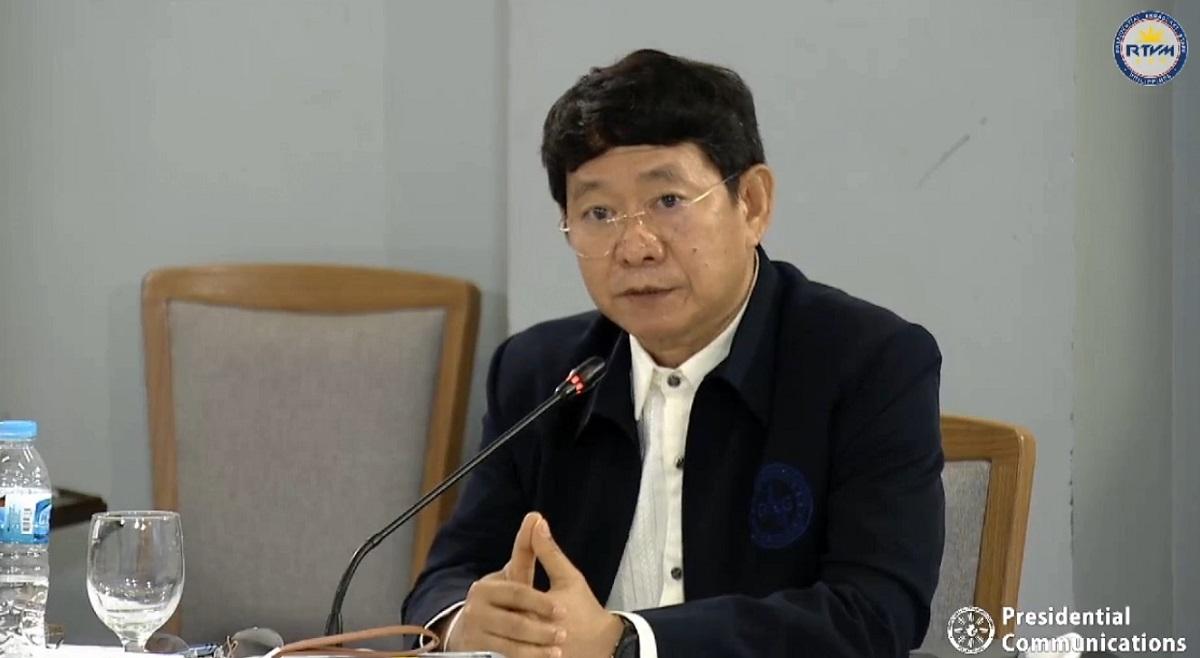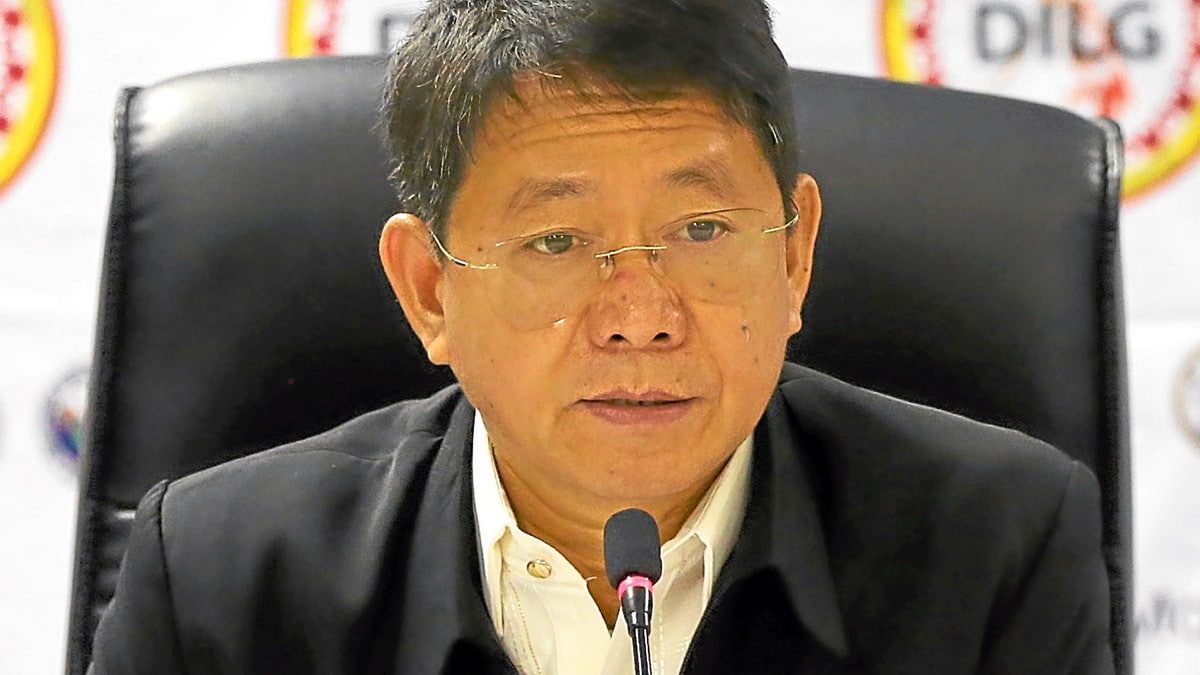Eduardo Año Retains Top Security Post in Marcos Jr. Government

Eduardo Año Remains National Security Adviser, Signaling Continuity in Security Policy
In a significant announcement on Tuesday, Malacañang confirmed that Eduardo Año will continue to serve as the National Security Adviser (NSA) under the Marcos Jr. administration. This decision signals a commitment to maintaining stability and continuity in the nation's security policies, particularly amidst ongoing geopolitical challenges.
Año, a former chief of staff of the Armed Forces of the Philippines (AFP), was initially appointed as NSA by former President Rodrigo Duterte. His retention by President Ferdinand Marcos Jr. underscores the value placed on his experience and expertise in national security matters. Analysts suggest this move provides a sense of reassurance during a period of evolving regional dynamics, including tensions in the South China Sea and the ongoing conflict in Ukraine.
Why Año's Continued Role Matters
- Experience and Institutional Knowledge: Año brings a wealth of experience from his military career and his previous tenure as NSA. This familiarity with security protocols and national defense strategies is invaluable.
- Policy Continuity: Maintaining Año in his position ensures a smoother transition and avoids potential disruptions in existing security initiatives. This is particularly important for long-term strategies that require consistent leadership.
- Geopolitical Landscape: The Philippines faces complex security challenges, and Año’s continued presence provides a stable hand in navigating these issues, especially concerning territorial disputes and external threats.
What to Expect: Focus Areas for the NSA
With President Marcos Jr.'s emphasis on strengthening alliances and pursuing a more proactive foreign policy, Año's role is expected to focus on several key areas:
- South China Sea: Managing the Philippines' claims in the South China Sea and navigating relations with China will remain a top priority.
- Defense Modernization: Supporting the ongoing efforts to modernize the Armed Forces of the Philippines and enhance national defense capabilities.
- Counter-Terrorism: Continuing to address the threat of terrorism and extremism within the country.
- Cybersecurity: Strengthening the Philippines' cybersecurity infrastructure and protecting against cyber threats.
Reactions and Implications
The announcement has been met with largely positive reactions from security experts, who emphasize the importance of stability and experience in leadership positions. However, some observers have noted the need for Año to adapt to the Marcos Jr. administration's priorities and to foster collaboration with other government agencies.
The decision to retain Eduardo Año as National Security Adviser reflects the Marcos Jr. administration's commitment to a pragmatic and measured approach to national security. His continued leadership is expected to play a crucial role in safeguarding the Philippines' interests and ensuring the nation's security in a rapidly changing world.





